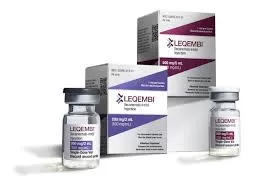
Researchers from Queen Mary University of London have made significant discoveries related to chemotherapy resistance in head and neck cancer patients. They identified two new genes responsible for this resistance and found that by suppressing one of these genes, previously resistant cancer cells became responsive to chemotherapy. These genes, NEK2 and INHBA, were found to be active in various cancer types, suggesting broader implications beyond head and neck cancer.
Additionally, the researchers screened a chemical library commonly used in drug discovery and identified two substances, Sirodesmin A (a fungal toxin) and Carfilzomib (derived from a bacterium), capable of targeting these genes. These substances increased the sensitivity of resistant cancer cells to the chemotherapy drug cisplatin, potentially offering a new approach to treatment alongside existing chemotherapy.
The study highlights the potential for repurposing existing drugs to target the underlying causes of disease, which can be a cost-effective alternative to developing entirely new medications. This research, published in Molecular Cancer, is the first evidence of NEK2 and INHBA genes causing chemoresistance in head and neck squamous cell carcinoma (HNSCC). Silencing either of these genes could reverse chemoresistance to multiple drugs.

The research team employed data mining to identify genes affecting tumor responsiveness to drug therapy. They further investigated four “significant” genes, ultimately pinpointing NEK2 and INHBA as key players in chemoresistance.
Dr. Muy-Teck Teh, the senior author of the study, emphasized the potential for personalized treatment based on patients’ genes and tumor types, ultimately improving survival rates and treatment outcomes. The findings offer hope for patients who do not respond to conventional chemotherapy or radiation treatments, potentially reducing healthcare costs associated with prolonged ineffective treatment and improving the overall experience for cancer patients.











